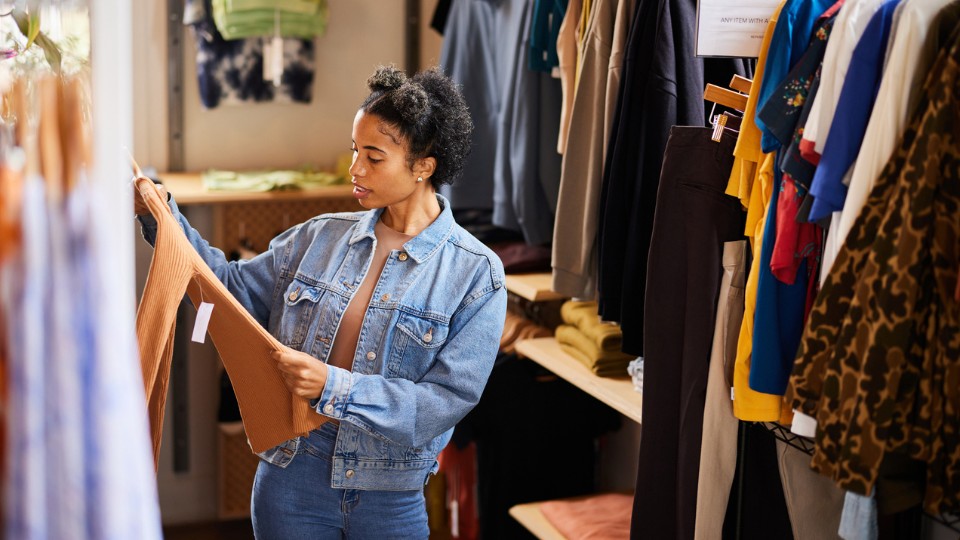How women are using conscious consumerism to create more meaningful lives
Staff Writer | August 7, 2025

In the present day, women have become powerful advocates for change, using conscious consumerism to shape their lives as well as others’. But what drives this shift toward mindful purchasing, and how can it empower individuals?
The movement, which involves choosing products that reflect personal values, is rapidly growing and reshaping societal norms.
Conscious consumerism is about more than just buying eco-friendly goods or high-quality baby footwear from reputable brands like Bonnie Baby; it’s about making informed choices that contribute to a greater sense of wellbeing.
As women increasingly prioritise sustainability, ethical labour practices, and social responsibility, they are crafting lives that resonate with their inner values and make a lasting effect.
Selecting sustainability for regular choices
For women, selecting sustainability goes beyond purchasing green products; it’s about adopting a lifestyle that minimises waste and environmental harm.
Eco-conscious living often includes using reusable products, reducing consumption, and investing in long-lasting, sustainable goods. The focus is on both eco-friendly materials and the longevity and durability of items, thus avoiding fast fashion and disposable goods.
- Reusability over waste: Products like reusable shopping bags, breathable mesh from organic cotton, stainless steel water bottles, and eco-friendly cleaning supplies are practical, long-term alternatives that lessen the environmental burden.
- Support for sustainable brands: Women are drawn to brands that are committed to environmental sustainability, often opting for firms with eco-friendly practices and transparent supply chains.
Supporting ethical labour practices
In addition to sustainability, many women are increasingly concerned about ethical labour practices.
This shift involves advocating for fair wages, safe working conditions, and the elimination of exploitation within supply chains. When women support companies that uphold these values, they use their purchasing power to foster a more equitable and just global economy.
Women are also amplifying the importance of transparency in corporate practices. Brands that provide clear information about their labour standards, wages, and working conditions resonate strongly with this consumer group. Ethical sourcing, where the focus is on humane treatment and respect for workers’ rights, is now a top priority for many female shoppers.
Prioritising health and wellness through purchases
Health and wellness are increasingly becoming central to women’s buying decisions. They are choosing products that promote physical wellbeing, mental clarity, and emotional balance. This includes everything from organic food, baby footwear, to wellness brands that prioritise clean ingredients and sustainability.
The power of local and small businesses
Many women are turning to local and small businesses to strengthen communities and support entrepreneurs. Investing in small-scale, locally produced goods allows women to support the local economy and help reduce their carbon footprint. This movement supports artisans and independent entrepreneurs and fosters more personal connections to the products they buy.
Supporting local businesses allows women to invest in quality over quantity, purchasing products that are often crafted with care and attention. This type of consumerism fosters a sense of belonging and contributes to the preservation of local craftsmanship and traditions.
Making informed choices to drive social change
The rise of conscious consumerism among women also reflects a desire to drive positive social change. With information at their fingertips, women are more equipped than ever to research the brands and products they purchase. They are actively engaging with businesses that support causes they care about, from gender equality to environmental conservation.
Through conscious consumerism, women are redefining their role in shaping a sustainable, ethical, and meaningful life. Thus, by making intentional choices, they elevate their personal wellbeing as well as influence larger societal change. In this way, women demonstrate the power of informed purchasing decisions to craft a better future for both themselves and their communities.
Sponsored
We have a request
SHE DEFINED’s journalism is independent and we’re committed to elevating the voices of women by putting them front-and-centre in our stories and giving them a platform to speak up.
Quality journalism and editorial content takes time, money and resources to create, which is why your support matters. We don’t have a paywall or exclusive subscriptions because we believe in keeping our stories open to everyone.
Help support our mission by making a financial contribution today.






